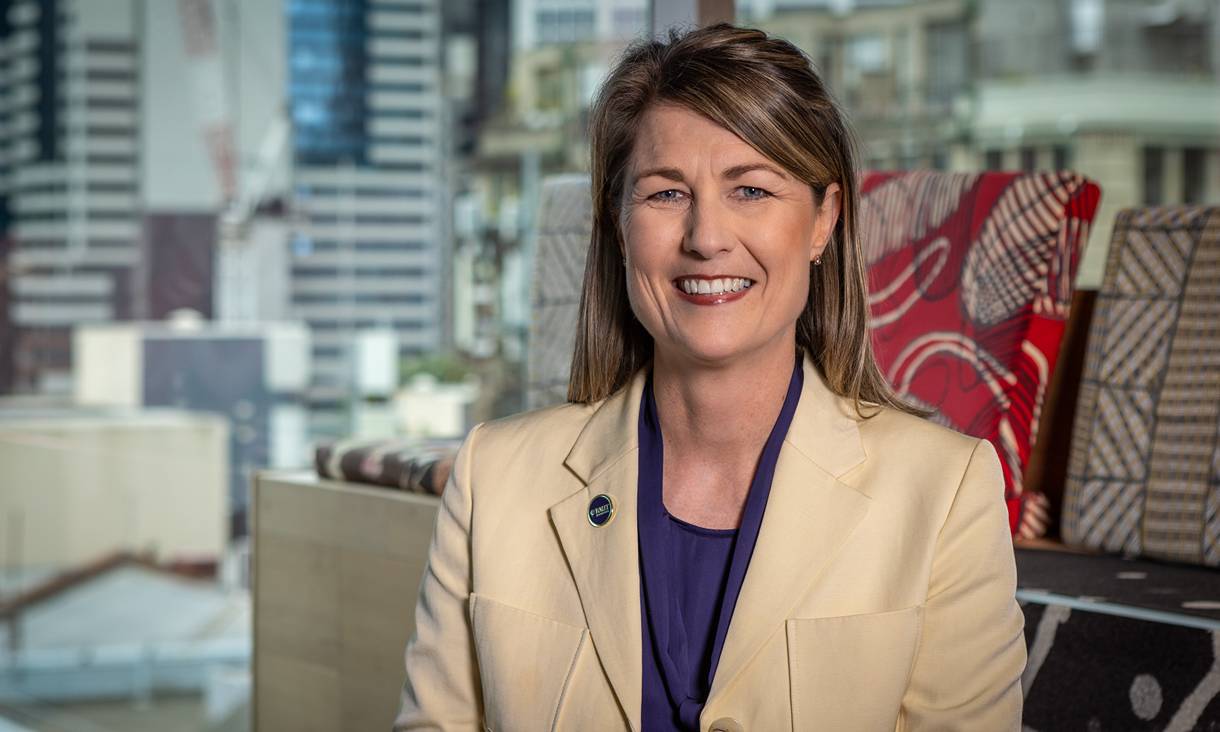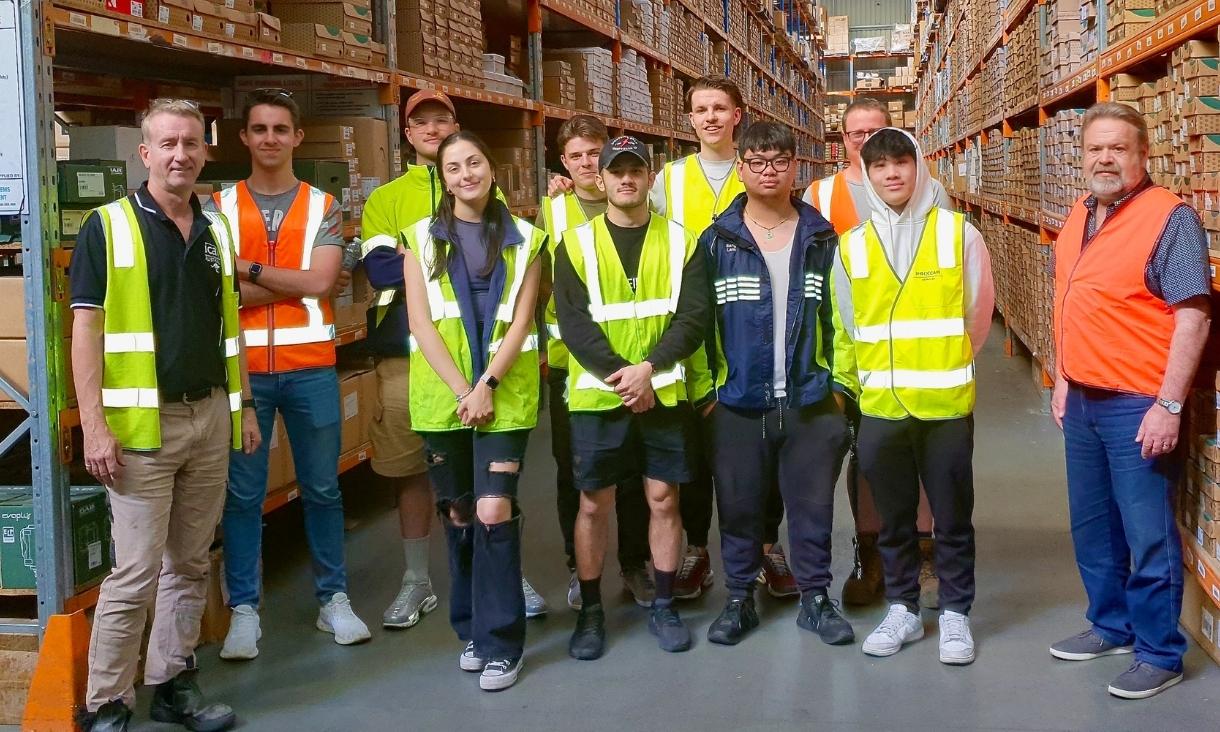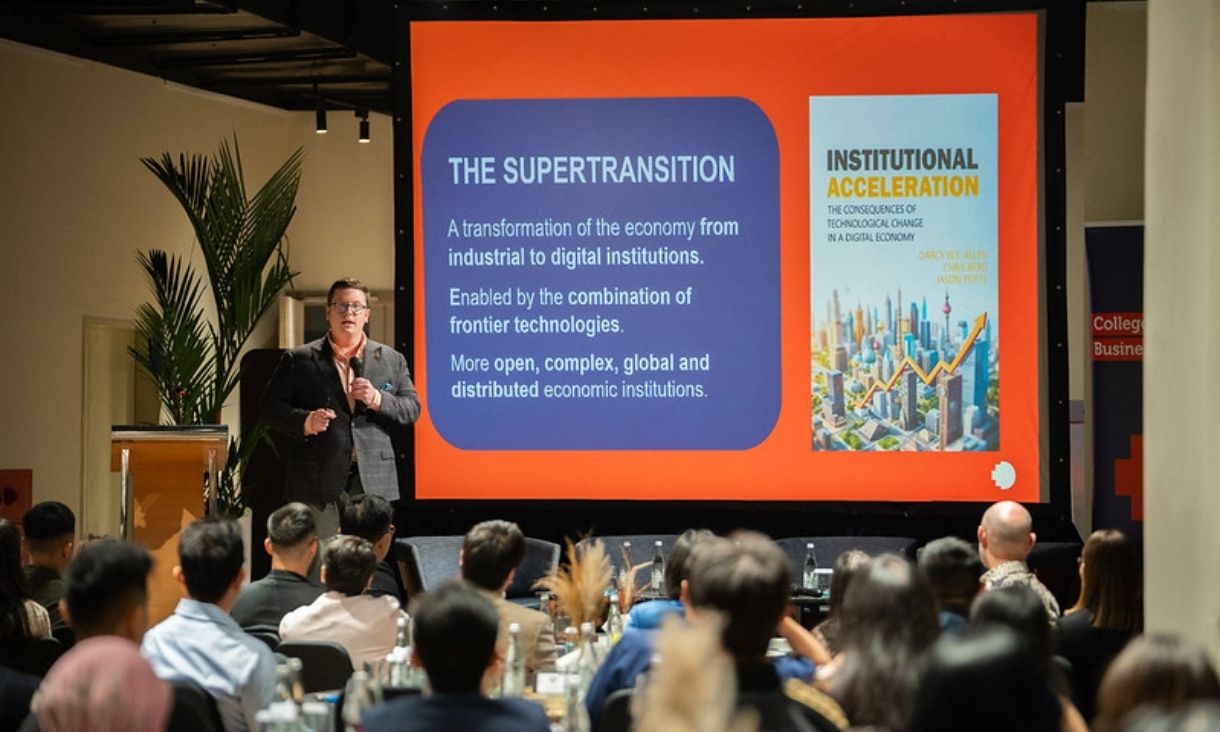Whose data is it anyway?
Managing Director and CEO of Australia’s National Digital Health Initiative (ANDHealth) Bronwyn Le Grice said people are smart enough to make informed consent when it comes to sharing their data.
“They should be given the choice, and besides that, you can’t simply monetise data, you have to sell a solution,” she said.
“Data itself is not a business. We need to make meaningful insights from data to generate real outcomes that have benefits for people.”
Medical Director of the National Cancer Screening Register at Telstra Health, Professor Dorota Gertig, said we need to consider who decides what the public good is when talking about open data.
“When we talk about data, we’re talking volume and velocity. Whether it’s a small amount of information about everyone, or a lot about you, there are risks regarding privacy and consent.”
Emphasising the need for quality in big data sets, Gertig said to ensure we provide high quality data, healthcare staff need to be trained to collect it accurately and consistently.
Fulbright Distinguished Chair in Entrepreneurship and Innovation at RMIT, Renee Newman Knake, said these ethical issues were not limited to the health sector, with ownership, privacy and autonomy posing huge ethical challenges when it comes to using big data across the board.
Quality versus quantity
Describing himself as a fan of open data, Department of Health and Human Services Chief Data Scientist David Stephens said the challenge for government organisations was making data sharing sustainable.
“We can upload large datasets into the cloud and make them available to researchers and healthcare practitioners, but how do we update those data sets and make sure they’re managed on an ongoing basis?”
Stephens said open data needed to be more targeted to be truly useful.
Australia is currently second in the world when it comes to government providing access to big data, something being used to facilitate population planning among other things, Head of Health at DB Results, Rallas Buttriss, said.
“We need to not be afraid, we have to keep innovating and find solutions in this space because there is great opportunity.”
The Global Business Innovation Conversations are a series of research-driven events exploring the latest innovation predicted to propel the future of business in health, manufacturing and finance. Find out more and register for future events.
Story: Grace Taylor





